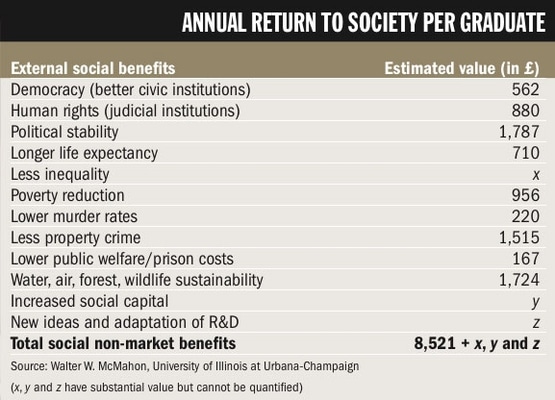If the question is, “Is university education free in England?”, you are not alone. There are also questions of who pays the full cost of higher education, how the system of student finance works, and what the impact of fees is on access to higher education. In this article, we will look at the practical and ideological arguments for these policies, and how they might impact international students. We will also explore the effect of fees on access to higher education and scholarship opportunities.
Student finance system
The student finance system for university education in England was fundamentally reformed in 1998, and the result has been a number of subsequent reforms. The first reform, which took place in the mid-1990s, resulted in substantial increases in tuition fees. From PS1,000 in the early 1960s to more than PS9,000 today, tuition fees were more than doubled over the next decade. In 2006, tuition fees were no longer charged in advance, but rather automatically covered by an income-contingent loan. This change has resulted in a marked increase in grant assistance for students, although the overall number has not remained the same.
The student finance system in England was initially designed to give low-income students tuition fees that were completely funded by the national government and local education agencies. The tuition was also free to domestic students, and any student who wished to study there was able to apply for a government grant. Small government loans were available to all students and could be repaid through mortgage-style payment plans after graduation. But this arrangement did not last long.
Cost of studying
The cost of an undergraduate education at a UK university is around PS22,200 (US$31,380), whereas the same degree in the US can cost more than three times as much. The average cost of living in England is about PS12,200 (US$16,950) per year. However, the cost of living in England varies from city to city. However, if you plan to study in London, the cost of living will be higher.
The cost of a university education in England is much lower than in the United States, and it takes far less time to complete a degree. Furthermore, many British universities offer scholarships for international students, although these are competitive. Nevertheless, it is worth considering the value for money of a British university. The educational system in the UK is renowned for its high quality, and it’s possible to earn a master’s degree in a few years instead of four.
Scholarships available for international students
There are several scholarships available for international students in the UK. These scholarships cover tuition costs at the University of Warwick, as well as travel and accommodation expenses. These scholarships can also be used to fund language tests and visa costs. There are certain rules regarding the hours of work a student can do while in the UK. Normally, there is a 20-hour limit per week for degree students, but full-time employment is allowed before and during the summer break and before the beginning of the term.
While academic performance is a necessary criterion, other factors can also contribute to your application. Extracurricular activities, such as participating in extracurricular activities, can also make a difference in the outcome of a scholarship. Eligibility criteria vary from one scholarship to the next. For some, an application alone will be sufficient, while for others, you may need to fulfill certain requirements to be eligible for an award.
Impact of fees on access to higher education
While historically dependent on government support, colleges increasingly rely on student fees. Between 2008 and 2012, tuition charges at public four-year institutions increased by 20 percent. At the same time, family incomes stagnated, which meant tuition increased as a proportion of family income by 3.5%. Increasing costs have disproportionately adverse effects on low-income groups, and policies that discourage enrollment can limit access to higher education. Here are some reasons why governments need to consider the impact of fees on access to higher education.
First, fees may create a social divide. Fee-based policies divert attention from other problems and reduce resources for tertiary education institutions. Moreover, governments assume that the tuition fees will pay for these institutions, limiting their ability to focus on other issues. Thus, tertiary education institutions are often underfunded, and they end up losing funding to other, more pressing priorities. And second, the impact of fee-based policies on access to higher education is often less than a positive one.

